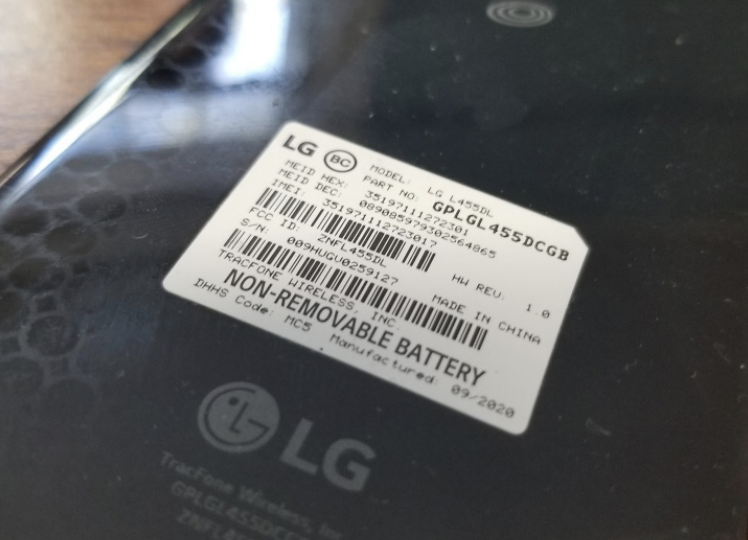A recent report released by the U.S. Public Interest Research Group ranked several technology companies on the repairability of their products. Modeled after reports done by France under the European Union’s Ecodesign Directive, the report seeks to inform consumers about how difficult it would be to repair a product purchased from a particular manufacturer.
U.S. PIRG tested both laptops and mobile devices on the availability of repair documentation, ease of disassembly, availability of spare parts, affordability of spare parts and a device-specific category. None of the companies whose products were tested made above a score of eight out of 10.
Coming in dead-last for both the laptop and mobile device categories was Apple, scoring 3.16 and 2.75, respectively. The most repair-friendly laptop manufacturer was Dell, with a score of 7.82, and the most repair-friendly mobile device manufacturer was Motorola, with a score of 7.77.
Device repairability has become one of the most contested areas of legal ground as companies such as Apple and Microsoft continue to lobby against consumers’ right-to-repair laws in an attempt to curb the control people have over the devices they use.
When interviewed, several students said that they did not think about how repairable their devices were — many of them simply upgraded or purchased new devices when their current devices failed.
One reason tech giants have opposed right-to-repair laws is that they thwart their use of planned obsolescence: the intentional designing of a product with an artificially limited lifespan. Planned obsolescence is used by companies to shorten the time between customer purchases by constructing purposely faulty devices. Right-to-repair laws would require that companies make repair materials for their devices more easily accessible so that consumers have the cheaper option to repair a faulty device rather than purchase a new one.
Planned obsolescence leads to greater volumes of electronic waste. When devices are designed to fail, they are thrown out at greater rates. In 2021, 63.3 million tons of e-waste were produced worldwide, up from 59.1 million tons in 2019.
Further opposition to right-to-repair laws is the repair-monopoly companies wish to have over their devices. By making it more difficult for consumers and third-party repair companies to repair their devices, companies like Apple and Microsoft pressure consumers into coming into their own official stores for repairs.
“When we purchase a device, we should have the ability to do with it as we wish,” said Paul Wiegand, associate professor of computer science at Winthrop. “We are allowing these companies to create an artificial monopoly on the resources available for consumers, which is antithetical to the idea that we own the things we purchase.”




